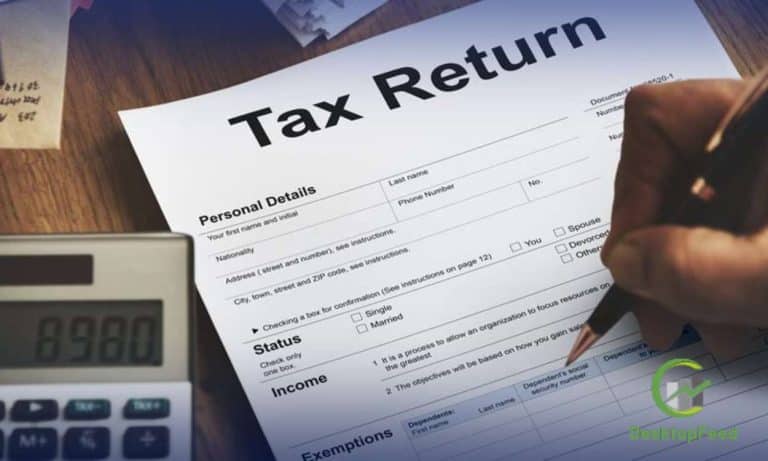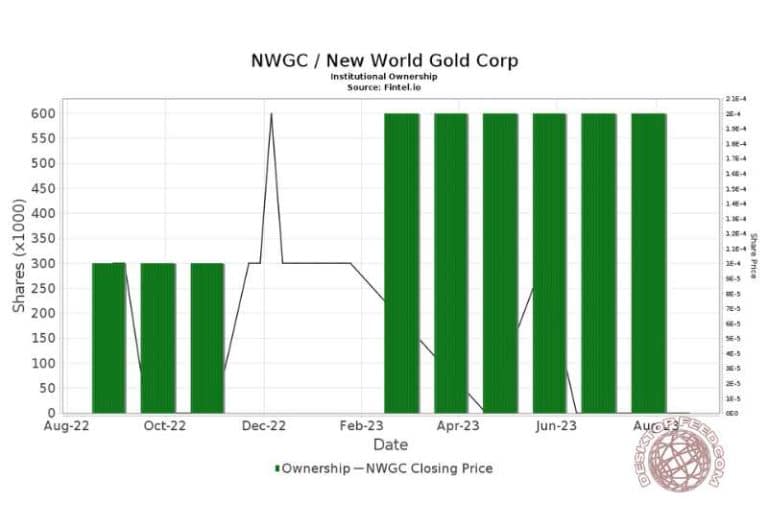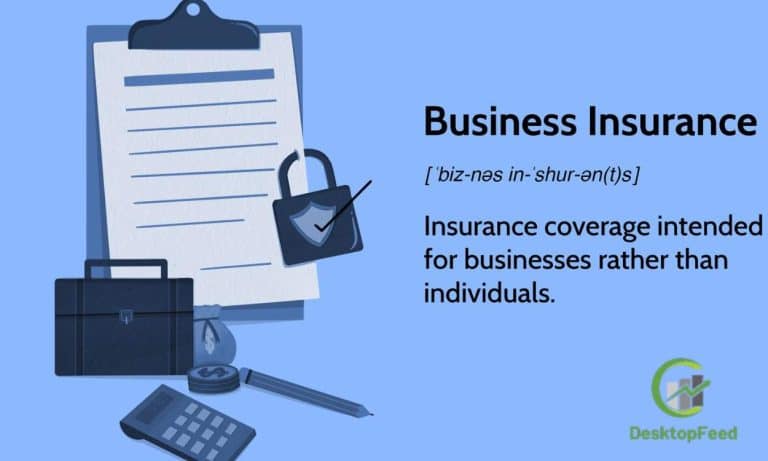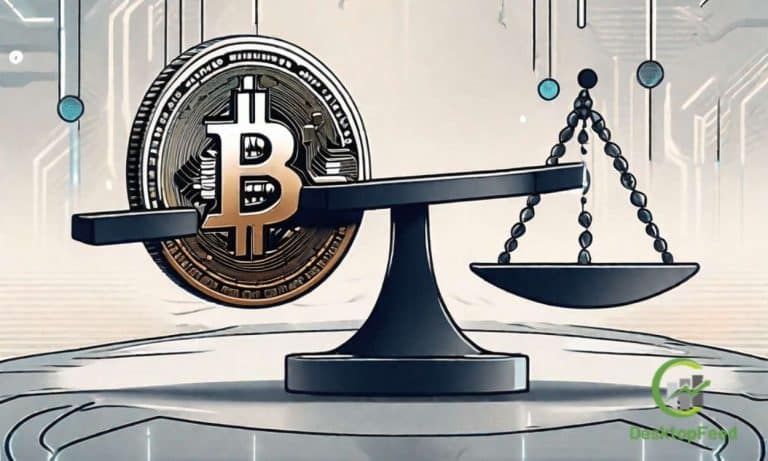How to Improve Your Credit Score
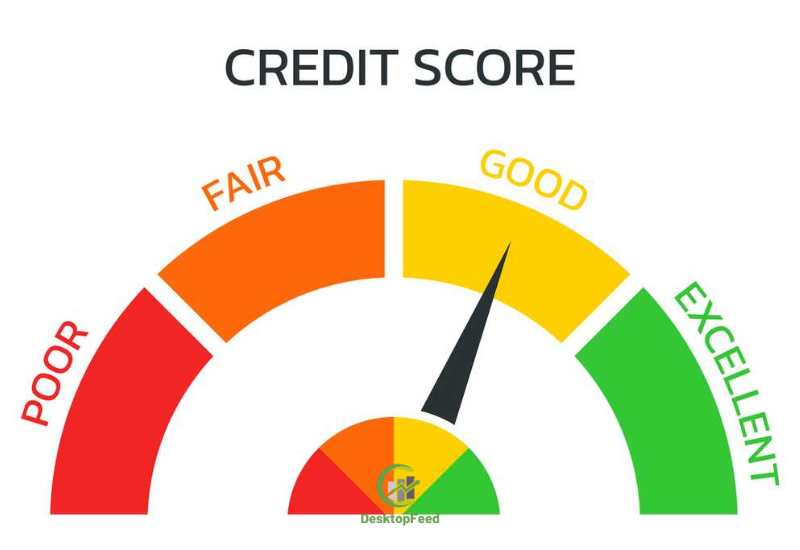
Regardless of whether you are trying to get a loan or a credit card, there are some steps you can take to improve your credit score. These steps include making sure your bills are paid on time, opening new accounts, and diversifying your types of credit. These tips should help you build a stronger credit report, which can help you qualify for a better interest rate or mortgage.
Paying bills on time
If you are concerned about your credit score, you can improve it by paying your bills on time. Late payments can result in penalties and can even land you in a collection agency’s hands. Such activity can stay on your credit report for seven or more years. While your credit score depends largely on your credit history with credit cards and loans, other bills can have a small impact on your credit score.
If you’re unable to pay a bill on time, you can try paying it with a debit card instead. This way, you won’t incur a service fee, but you’ll want to make sure you have sufficient funds in your checking account to cover these payments. You can also try moving bills closer to your payday to ensure you have the money to make the payment.
If you are unable to pay your bills on time, consider using a calendar reminder or an automatic draft. Many banks and credit card issuers now offer reminders and push notifications that remind you of upcoming payments. Many people also use their Outlook calendars, Google calendars, and physical calendars to stay on top of their payments. No matter what you use to remind you of a payment, paying bills on time will help your credit score.
While some bills are not included in your credit score, many agencies treat late payments of medical bills and other loans more seriously. Late payments in these categories will be reported to credit agencies, and your credit score will suffer because of it. For this reason, it’s best to avoid late payments on credit cards and other borrowing-related bills. If you want to build a strong credit history, make your payments on time for the entire duration of these loans.
Another way to improve your credit score is to pay your utility bills on time. Utility bills are often overlooked, but they can also have a negative impact on your credit. Not paying them on time can cause the service provider to terminate your account, transfer it to a collection agency, or even charge off your account.
Opening new accounts
Opening new credit accounts can improve your credit score, but there are a few things you need to do before you start. Adding new accounts will lower the average age of your accounts, which is a factor in determining your credit score. Also, new accounts may hurt your credit history, so if you’ve had a poor payment history in the past, you should try to avoid opening new accounts.
One thing you should avoid is opening too many new accounts in a short time. FICO likes to see a balance mix of loans, credit cards, and mortgages. However, taking on loans solely to improve your score is a bad idea. New accounts don’t account for enough of the total. Plus, it’s risky to open multiple accounts in a short period of time.
Keeping your current balances low is one of the best ways to improve your credit score. Having high-interest balances will lower your score. It’s also important to reduce the number of credit cards that you have. It’s best to pay off the most expensive cards first. You can then continue to make minimum payments on your other accounts. This is a good way to improve your credit score, but it’s not the best long-term strategy.
If you already have several credit cards, keep them active and make small purchases every month. Set up automatic payments if possible. This will lower the average age of your accounts and increase the percentage of available credit you use. In addition to this, you should also make sure to keep any revolving accounts you have open. Otherwise, creditors may decide to close them.
The biggest category on your credit score is open accounts. Having just a few new accounts will have a big impact on your score. Adding a fourth or fifth account will improve your score slightly, while adding a sixth account can lower your score temporarily. It’s important to avoid opening new accounts if you’re looking to increase your credit score.
Diversifying credit types
Diversifying your credit types is a great way to increase your credit score. It will help you show lenders that you can manage several different types of credit responsibly. However, you should avoid opening multiple new lines of credit if you don’t need to. If you have good spending habits and pay your bills on time, this will help your credit score.
A credit card with a low credit limit and installment payments can help you demonstrate your ability to handle loans. You can use this type of credit for a car loan or other small-scale purchase. However, too many new accounts can raise red flags with some lenders. So make sure you balance your accounts as well as you can.
As a young adult, you can still achieve the ideal credit mix by using a combination of different types of credit. For example, a store credit card with an auto loan and a student loan are good credit mixes for a twenty-year-old. Getting the right balances on all of your credit cards can boost your credit score.
Diversifying your credit types can also help you pay off your credit cards faster. This will show lenders that you can handle different types of credit, and they will be less likely to turn you down as a risk for lending. Also, limiting the use of new credit cards is an excellent way to lower your credit utilization.
When it comes to credit, it is important to be consistent in paying your installments. Credit cards are a great way to diversify your credit, but they require a bit more discipline than debit cards. However, installment loans are good for your credit score because they report a consistent monthly payment.
Lenders look for different types of credit when considering potential applicants. The FICO and VantageScore use different metrics to determine credit score candidates. A well-diversified mix is more likely to be an asset to lenders, as it demonstrates a stable track record of financial responsibility. The FICO and VantageScore models assume that a person can manage a variety of credit types.
Avoiding late payments
One of the best ways to boost your credit score is to avoid late payments on any of your debts. If you are a frequent late payer, you could be penalized with a higher interest rate or late fees. Even worse, you could hurt your credit score. This will vary based on the nature of your debts and your credit history.
The best way to avoid late payments is to make them as early as possible. Late payments will show up on your credit history for seven years. However, you can dispute these payments by indicating when they should have been removed from your file. If you are not satisfied with the results, you can contact your lender and explain that you think the late payment was reported in error. In some cases, your lender may require you to provide evidence to dispute a payment.
If you cannot make a payment on time, contact your creditor and ask for a payment plan. The easiest way to avoid late payments is to set up autopay. This way, you can be sure to pay on time, even if you’re short on funds. By setting up automatic payments, you can avoid missing a payment, even if you can’t set up a budget.
While late payments can hurt your credit score, it’s possible to recover from them and increase your score significantly. However, it’s important to remember that your payment history is the most important part of your credit score, so avoid making a late payment. This will also prevent you from making other mistakes that can affect your score.
To avoid late payments, you should make sure to pay your bills on time every month. Most financial institutions allow you to set up automated electronic bill payments, which is a great way to avoid late payments. You should also make use of digital calendar reminders, smartphone apps and virtual sticky notes.
Late payments aren’t reflected on your credit score immediately. They will only appear on your credit report if the creditor reports the information to the credit bureaus on the reporting date. However, if you have multiple credit card bills, a single late payment will have a greater impact on your credit score than multiple late payments.
For More Articles: Desktopfeed.com

